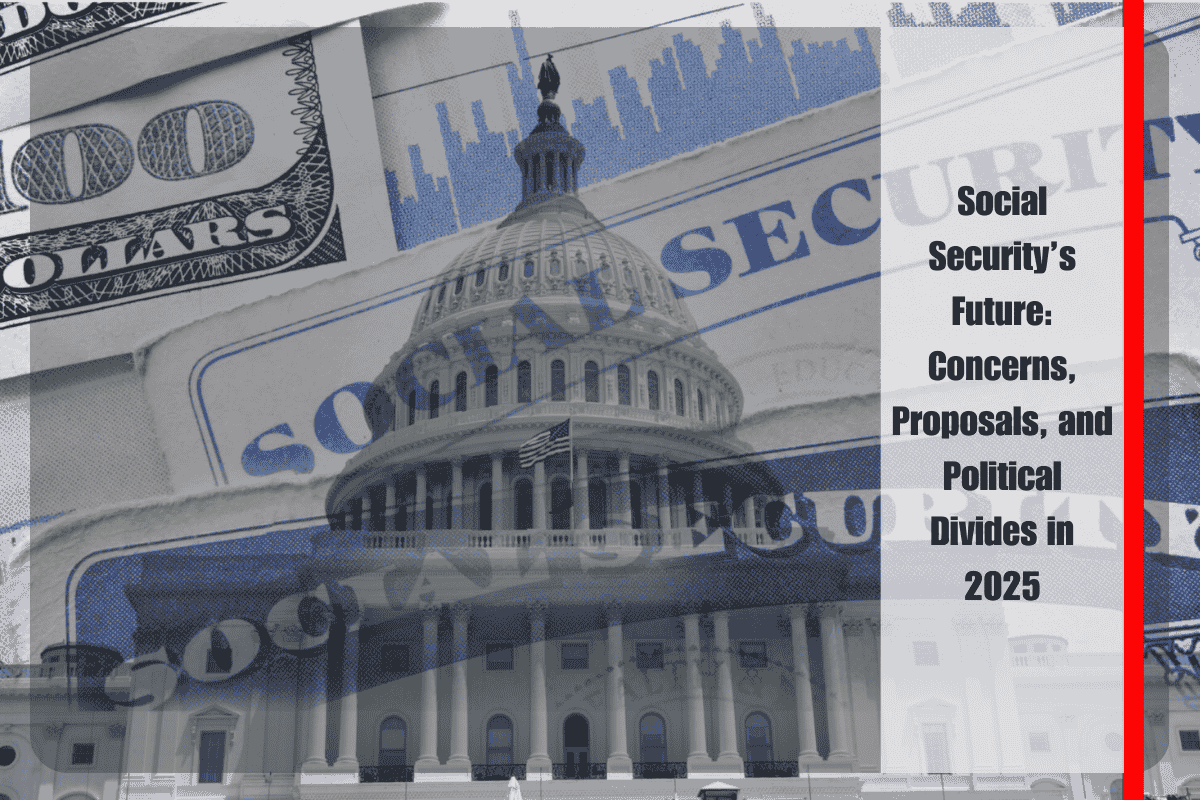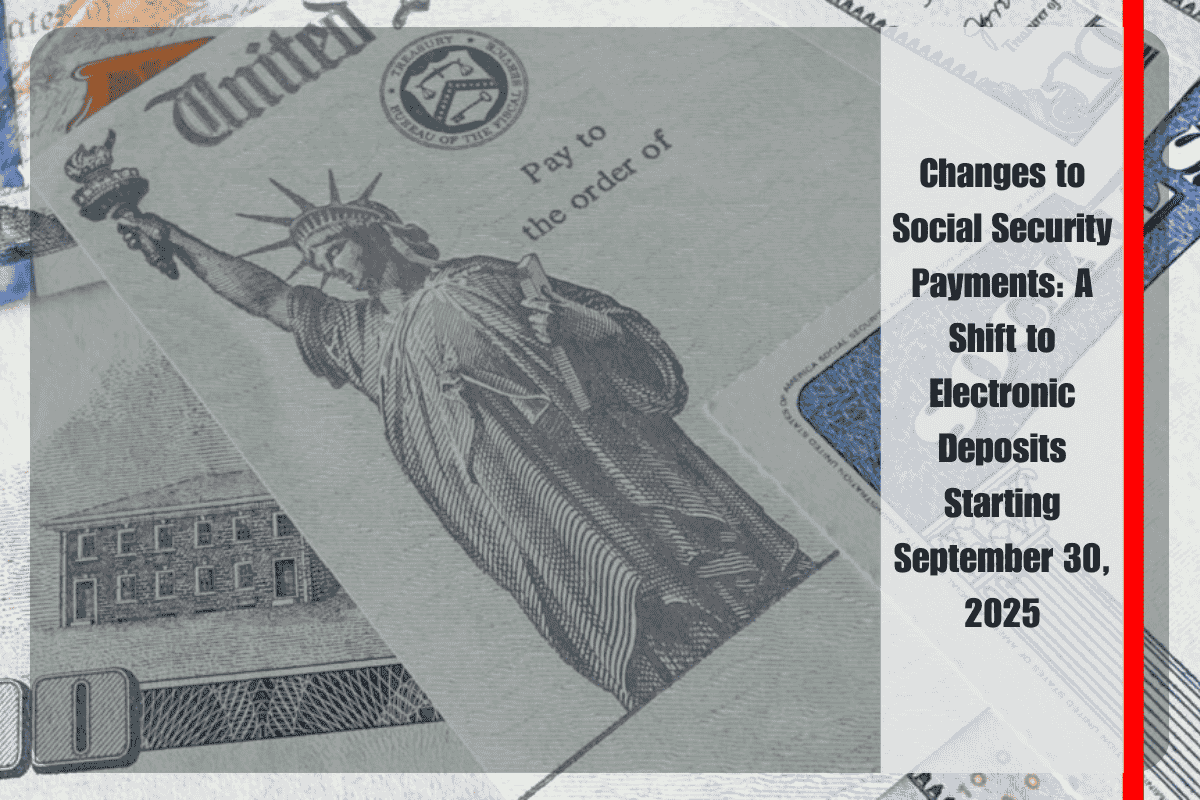When planning for retirement, one of the most significant decisions you’ll make is when to begin drawing your Social Security benefits. While many people claim their benefits as soon as they turn 62, financial experts often recommend waiting longer to get a higher monthly payout. The “eight-year rule” is a key concept that could increase your lifetime Social Security income if you hold off until age 70.
What is the “Eight-Year Rule”?
The “eight-year rule” isn’t an official Social Security term, but it’s widely used by financial advisors to explain how waiting to claim your benefits can increase the amount you’ll receive.
The rule refers to the eight-year period between age 62 (when you can start claiming) and age 70 (when you can maximize your benefits). By delaying your claim, you can increase your monthly benefit by roughly 8 percent for each year you wait after reaching your full retirement age (FRA).
While waiting until age 70 might seem like a long time, the additional income it can provide over the years makes it a worthwhile consideration. This strategy is especially useful for those who have a longer life expectancy or are in good health.
How Delaying Social Security Affects Your Income
Social Security offers flexibility regarding when you start receiving payments, but waiting can significantly increase your benefit amount. Here’s how it works:
Full Retirement Age (FRA): The age at which you are eligible to receive your full monthly benefit. For most people today, FRA is between 66 and 67, depending on the year you were born.
Claiming Before FRA: If you begin claiming at 62 (the earliest you can start), your monthly benefits will be reduced by up to 30 percent.
Claiming After FRA: If you wait until age 70, your monthly benefit can increase by up to 32 percent compared to what you’d receive at FRA, depending on your birth year.
For example, if your full retirement benefit at FRA is $2,000 per month:
Claiming at 62 would reduce your benefit to $1,400.
Claiming at 70 would increase your benefit to about $2,480.
Over the course of a 20-year retirement, that $1,080 difference per month adds up to more than $250,000 in extra income. This is a significant increase that could help provide more financial stability throughout your retirement years.
Who Should Consider the Eight-Year Rule?
The eight-year rule is particularly beneficial for those who are in good health and have a family history of long life expectancy. The longer you live, the more you stand to gain from delaying your benefits.
Married couples can also benefit from this strategy, as survivor benefits are based on the deceased spouse’s benefit amount. A higher payout from one partner can provide additional security for the other in the event of a spouse’s passing.
Additionally, the rule can offer financial peace of mind for people who want to ensure they have enough income to cover their living expenses throughout retirement. For those who expect to live well into their 80s or 90s, this strategy could be a game changer.
Why Some People Might Need to Claim Earlier
The eight-year rule isn’t right for everyone. Some individuals need the income sooner due to unforeseen circumstances such as job loss, health issues, or a lack of savings. For others, the desire to retire early and enjoy their benefits while they’re still active is a compelling reason to start claiming at 62.
While these are valid reasons to claim Social Security earlier, it’s essential to understand the trade-offs. Claiming early means receiving a smaller monthly benefit for the rest of your life, which could limit your financial security later in retirement.












